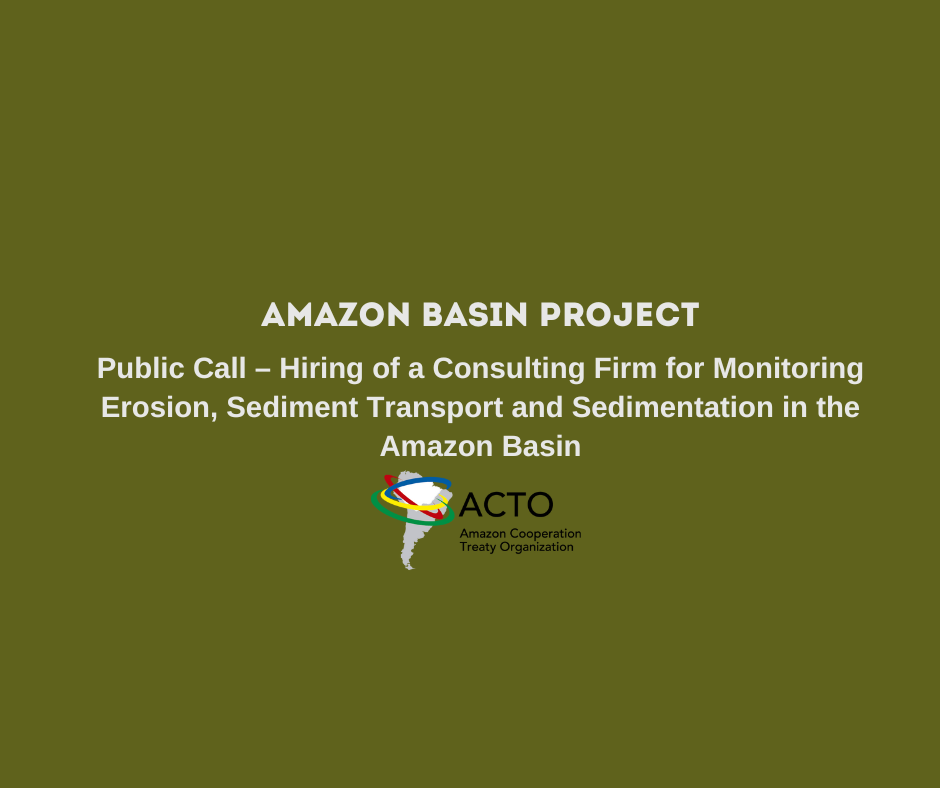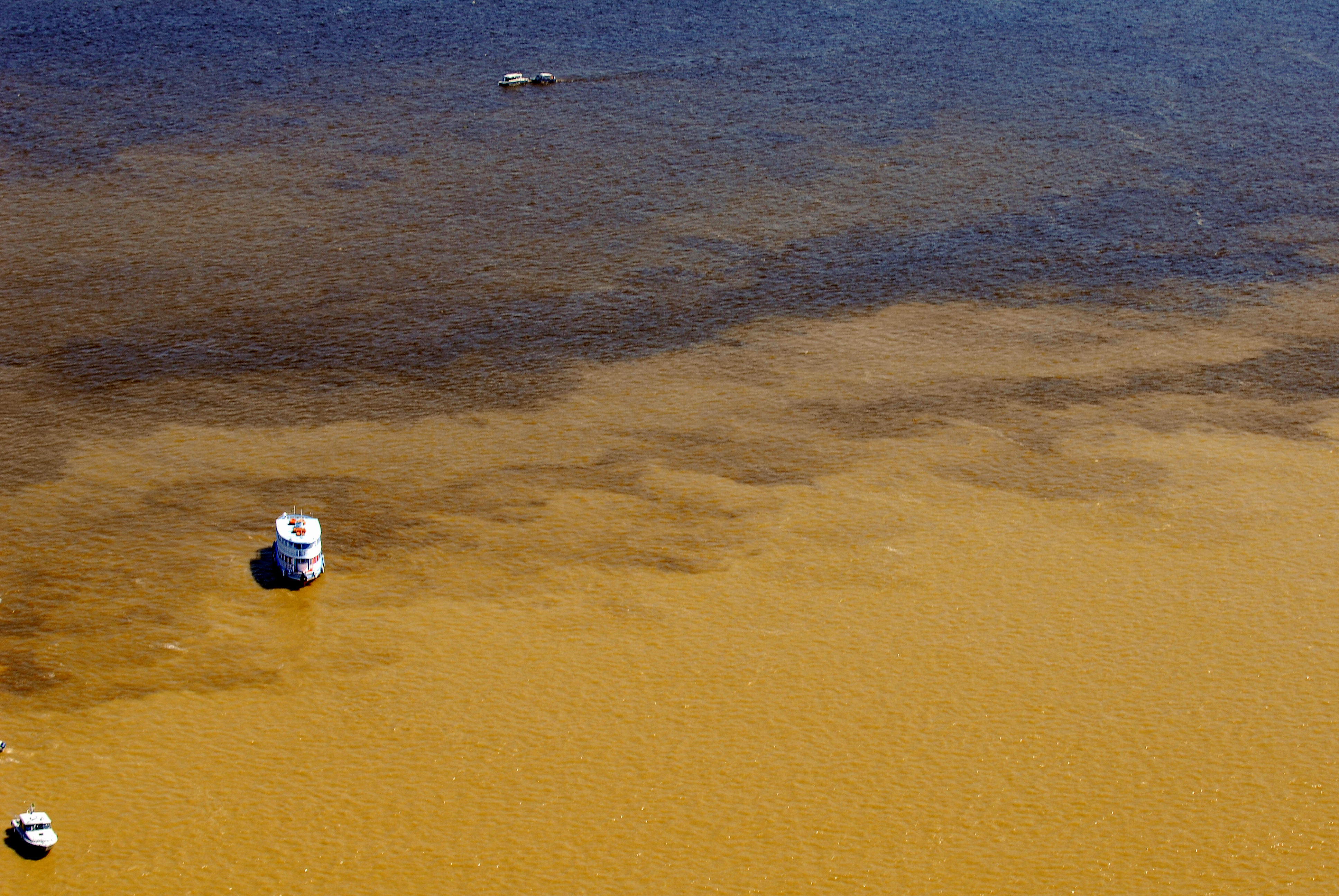On August 17th and 18th, the Bolivian government and ACTO held the National Workshop for the Implementation of the Strategic Actions Program (SAP) in La Paz, together with indigenous organizations, organized civil society, academics and other participants, with the aim of discussing priority actions aimed at strengthening the national capacity for Integrated Water Resources Management (IWRM) in the Amazon basin. The work concluded with the prospect of forming a national inter-institutional committee to coordinate actions considered strategic within the scope of national policies.
“What is fundamental in the case of the Amazon, given the problems identified in the workshop, is the creation in Bolivia of a committee made up of various state institutions, academia and civil society, to coordinate efforts,” said Vice Minister of Foreign Affairs Freddy Mamani at the closing ceremony.
In her speech, the General Secretary of ACTO, Alexandra Moreira, highlighted the diversity of institutions that came together at the event as a step forward in this inter-institutional work for the Amazon basin.
“The implementation of the work must be intersectoral, but not just between sectors of the state. We believe that the participation of academics, specialists and community leaders is very necessary for IWRM,” said Moreira.
During the workshop, participants worked on formulating recommendations for the process of implementing and articulating the SAP, identifying opportunities for regional cooperation, as well as formulating a document of actions aligned with national policies and an IWRM training program.
As part of the event, a group of professionals working in the area of integrated water resources management and other stakeholders received training on integrating gender into water resources projects, programs and policies, in order to effectively incorporate it into all SAP actions.
The Strategic Actions Program (SAP) Implementation Workshop in Bolivia culminated with a demonstration fair of the national interventions carried out under the Amazon Basin Project (OTCA/UNEP/GEF). These interventions aim to guarantee water security in the municipalities of La Paz and El Alto through the efficient use of glacial water resources, establish monitoring networks for the quantity and quality of groundwater resources in important aquifers in the Madeira River basin and issue early flood warnings in the Madeira, Alto Purus and Alto Juruá river basins, the latter being a trinational collaboration between Bolivia, Brazil and Peru.
The SAP, agreed and approved in 2017 by the member countries of the Amazon Cooperation Treaty Organization (ACTO) – Bolivia, Brazil, Colombia, Ecuador, Peru, Guyana, Suriname and Venezuela – seeks to ensure the integrated and sustainable management of transboundary water resources in the Amazon River basin, taking into account climate variability and change.



